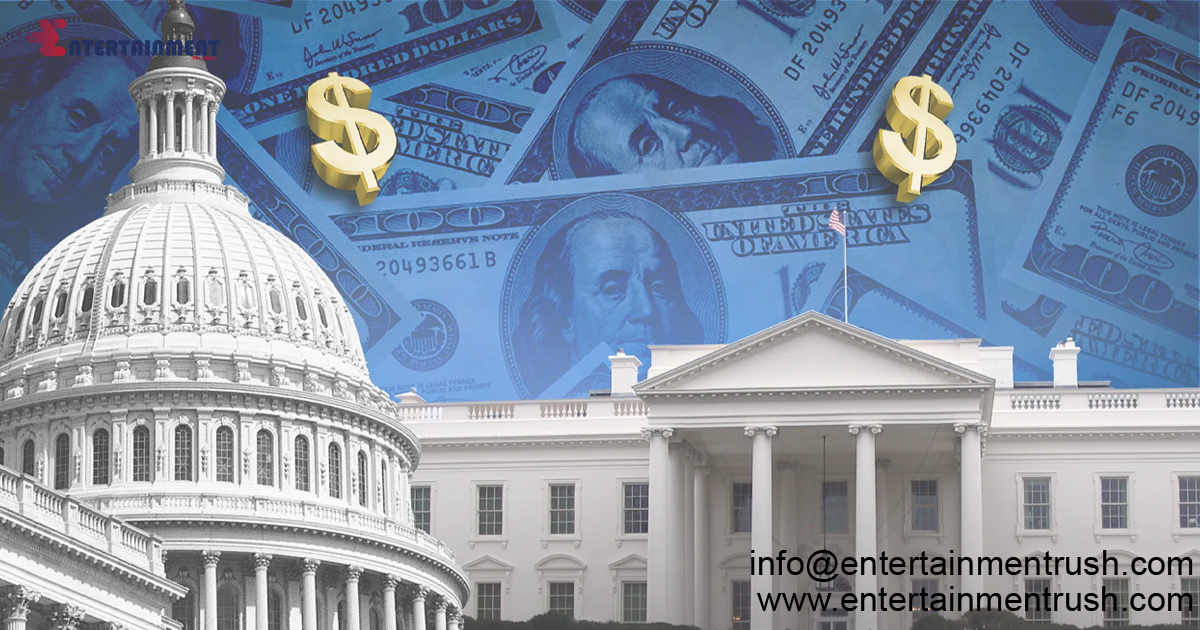In a dynamic economic landscape like that of the United States, staying ahead of the curve is crucial for businesses, policymakers, and investors alike. Anticipating trends in the US economy can provide invaluable insights that guide strategic decision-making and mitigate risks. Let’s delve into the various facets of trend anticipation and how it shapes the future of the US economy.
Importance of Trend Anticipation
Anticipating economic trends is akin to peering into a crystal ball for businesses. It enables them to adapt their strategies proactively, capitalize on emerging opportunities, and navigate potential challenges effectively. Moreover, policymakers rely on trend analysis to formulate appropriate fiscal and monetary policies that foster sustainable economic growth.
Historical Trends Analysis
Examining historical economic cycles offers valuable lessons for understanding current trends. By analyzing past recessions, recoveries, and growth periods, economists can identify recurring patterns and anticipate future developments. Key indicators such as GDP growth, employment rates, and inflation levels serve as barometers for assessing the health of the economy.
Current Economic Landscape
The aftermath of the COVID-19 pandemic has reshaped the US economy in profound ways. While the initial shock disrupted various sectors, the subsequent recovery has been characterized by resilience and adaptation. Industries like e-commerce, healthcare technology, and remote work solutions have experienced significant growth, reflecting shifting consumer preferences and digital transformation trends.
Analyzing Consumer Behavior
Consumer behavior plays a pivotal role in shaping economic trends. As lifestyles evolve and priorities change, so do spending habits. The pandemic accelerated the adoption of online shopping, contactless payments, and virtual experiences, signaling a fundamental shift in consumer preferences. Businesses that align their offerings with these changing dynamics stand to gain a competitive edge.
Technological Advancements
Advancements in technology continue to drive innovation and redefine industries. Artificial intelligence (AI) and automation are revolutionizing various sectors, from manufacturing to finance, by enhancing efficiency and productivity. Additionally, the transition towards renewable energy sources underscores the growing emphasis on sustainability and environmental stewardship.
Geopolitical Factors
Global events and geopolitical tensions exert significant influence on the US economy. Trade policies, diplomatic relations, and geopolitical conflicts can disrupt supply chains, affect international trade, and impact market sentiment. Navigating these complexities requires a nuanced understanding of geopolitical dynamics and proactive risk management strategies.
Environmental Considerations
Environmental sustainability is increasingly becoming a focal point for businesses and policymakers alike. Efforts to mitigate climate change, reduce carbon emissions, and promote renewable energy sources are gaining momentum. Green initiatives not only address environmental concerns but also stimulate economic growth through investments in clean energy infrastructure and sustainable practices.
Employment Trends
The rise of remote work and digitalization has transformed the labor market landscape. Employers are adapting to hybrid work models, offering flexibility to employees, and leveraging technology to streamline operations. Furthermore, certain skill sets such as data analysis, cybersecurity, and digital marketing are in high demand, reflecting the evolving needs of the job market.
Financial Market Projections
Financial markets serve as barometers of economic sentiment and future expectations. Stock market trends, interest rate forecasts, and currency fluctuations reflect investor confidence and market dynamics. Understanding these indicators enables investors to make informed decisions and allocate their resources strategically.
Policy Implications
Government policies play a crucial role in shaping economic trends and fostering stability. Stimulus measures, regulatory reforms, and monetary interventions influence consumer spending, business investment, and market liquidity. Balancing short-term economic priorities with long-term sustainability goals requires careful deliberation and policy coordination.
Challenges and Opportunities
Anticipating economic trends is not without its challenges. Inflationary pressures, geopolitical uncertainties, and technological disruptions pose risks to businesses and investors. However, these challenges also present opportunities for innovation, adaptation, and growth. By embracing change and staying agile, organizations can thrive in dynamic environments.
Strategies for Businesses and Investors
Navigating uncertain economic terrain requires a proactive approach and strategic foresight. Businesses should prioritize diversification, innovation, and customer-centricity to remain competitive and resilient. Likewise, investors should adopt a long-term perspective, focus on fundamentals, and embrace a diversified portfolio approach to mitigate risks and maximize returns.
Conclusion: The Importance of Anticipating Trends
Anticipating trends in the US economy is not merely about predicting the future; it’s about shaping it. By understanding the underlying forces driving economic shifts and identifying emerging opportunities, businesses, policymakers, and investors can position themselves for success in a rapidly evolving landscape. Embracing change, staying informed, and adapting proactively are key to thriving in an ever-changing economic environment.




Leave feedback about this